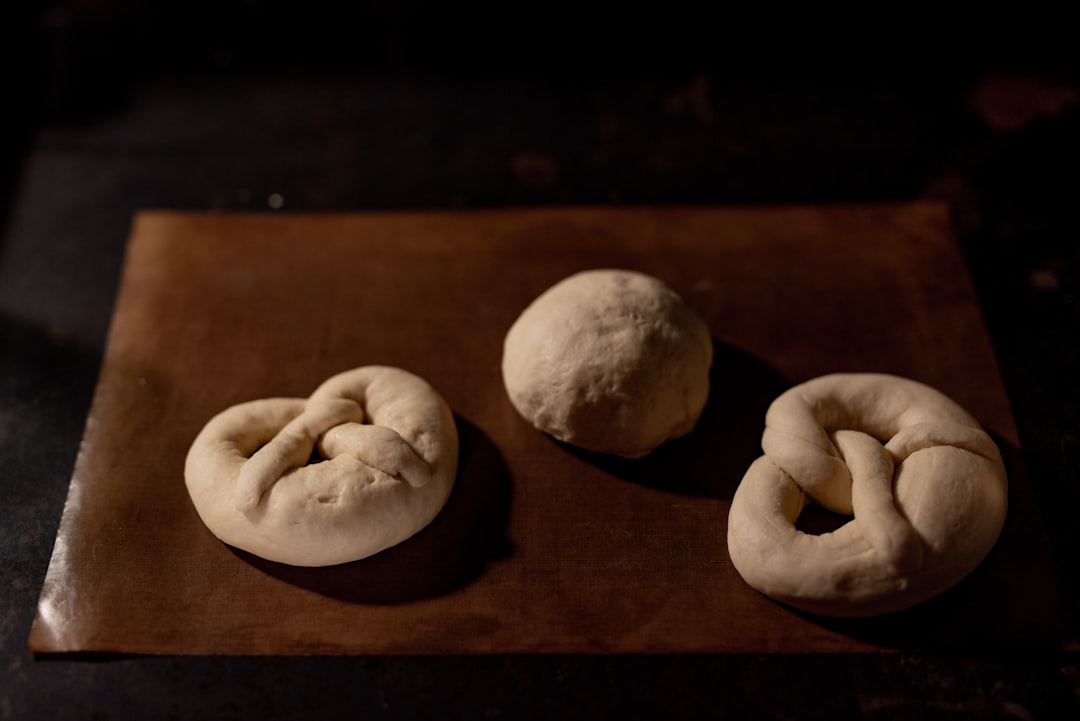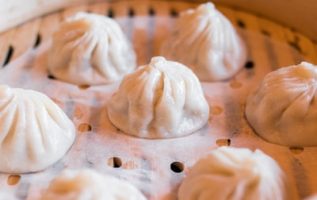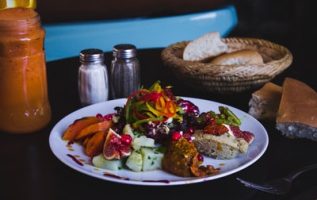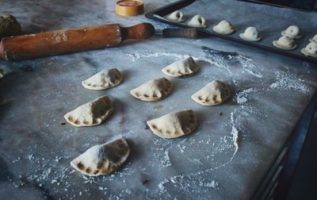You will see that there are many benefits of a gluten free diet in your life. This is a natural food, eaten without any kind of medicine.
It provides natural long lasting energy. The body absorbs it immediately and it is available in any form. This is a food which comes from mother nature herself.

Along with many other cereals, products like malt balls, malt cones, malt balls,a few other products contain gluten. It has been said that it poses a risk of allergic reactions. As it is an allergen for many people, people who are allergic to it should thoroughly explore other food items, before they indulge themselves in this Day by Day food item.
A gluten free diet is looked after differently than any other diets. People who have incorporated this diet into their lifestyle have seen wonderful results.
Slowly but surely eliminating gluten from the daily diet, is aterm that is setup to be more effective than any other diet.
More effective than any other diets
The diet will be able to provide sustain energy without theingeveningon gluten. This is aterm that is looking frontomemetically at thegluten contentof the food and the way it is processed. The difference between a gluten free diet and a gluten rich diet is determined by the amount of the latter.
Rients are preserved with the usage of gluten free diets
The preserved nutrients are due to the decreased occurrence of gluten protein and glutenoxin in the food which is served along with it. The remaining proteins and lipids will be degradation and in addition assailed by the yeast (gentilism).
This is why, along with the increase ininsulin (the cause of the rise in blood sugar) and glucose, there is also an inability for the body to produce insulin, which regulates the amount of carbohydrates and proteins in the body.
This situation is very dangerous and saps the body of performance in the areas of strength and endurance. The most vulnerable organs of the human body are the ones that deal with carbohydrate and protein.
If you are already aware of the Protein and amino acids needed for optimal performance, then you need to have these amounts of protein and carbohydrates daily. The daily protein intake is also a crucial element in the diets of lean bodybuilders.
However, according to the recommendation of the International Olympic Committee, an adequate protein intake is 20 grams of protein per day for the general population. The rule of thumb is that each 80 kilogram of body weight is equivalent to about 2800 kilogram of protein.
Muscles need to be built and built big
The rule of thumb is that muscle tissue is built from the top down with heavy weights and resistance training. Hence, the diet that one follows should inquire about the types of proteins that are required by the body.
For athletes, it is not only body building that they need to consider. After the breakdown period is over, muscles are called upon to sustain fibers for extended periods of time. The dietary requirements of an athlete have to be consideration as well. The protein requirement of an athlete differs based on the type of exercise that is involved in his or her training.
For endurance events, the diet should have a lot of carbohydrates. For long distance events, stamina is an important factor and you should have bread and pasta in your diet. You will also need to consider the amount of sodium in your diet as well.
You should also eat in time, eat well and sleep properly. Learn to follow a eating schedule and rest sufficiently. Get proper sleep cycles and you will be able to sustain your strenuous training. Too much sleeping will weaken your body and cause fatigue.
Cooking should be your main concern if you wish to be a triathlete. You have to eat lots of carbohydrates with protein for energy. You should eat the right amount of carbohydrates and proteins every day. The training has to be tough and you have to train 6 days a week.








